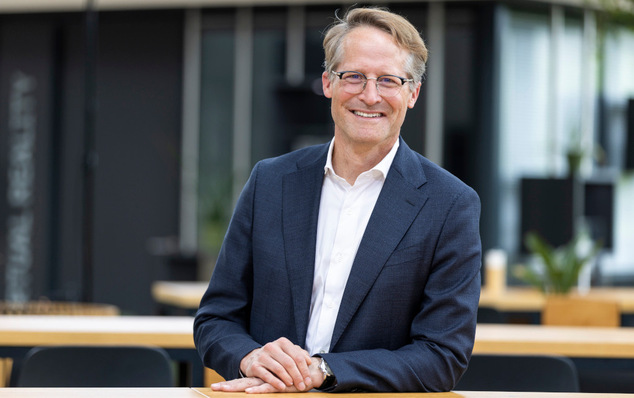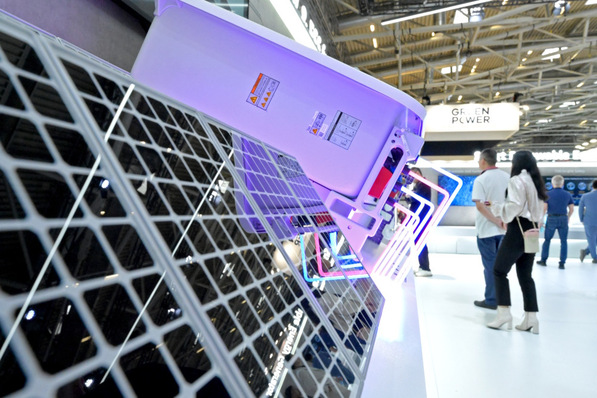The German Renewable Energy Federation (BEE) criticises the EU Commission's proposals on the EU taxonomy for sustainable investments. Neither natural gas nor nuclear power even come close to meeting the criteria of sustainability. "From an ecological point of view, investments in nuclear and fossil energies are no longer justifiable, as their footprint is far too large, from the climate crisis to the unresolved question of long-term disposal of nuclear waste," says BEE President Simone Peter.
A misleading label of sustainability
Economically, nuclear power, including all its consequential costs, has long since ceased to be an alternative to renewable energies, which do not incur fuel or final storage costs. Natural gas, too, should only be used for a limited time so as not to burn taxpayers' money as a "stranded investment" in infrastructure and power plants in the foreseeable future, Peter explains. "There is no need for a misleading sustainability label for this temporary use. Moreover, socially just investments are only those that guarantee fair energy prices for current and future generations," she says. Because in this respect, she says, renewables are already unbeatable.
See also: Solar Sustainability Best Practices Benchmark
With a strong increase in wind and solar energy plants and the simultaneous optimisation of decentralised biogas power plants as well as the use of hydroelectric and geothermal power plants, not only can a secure power supply be guaranteed, but electricity can be supplied even more cost-effectively than through new large-scale gas power plants. Currently, there are about 9,500 such biogas plants. This significantly reduces the need for new gas-fired power plants, ensures domestic value creation and avoids expensive imports, Peter explains. "A decentralised generation structure requires decentralised backups. Centralised gas-fired power plants are therefore unsuitable. They cause new problems and costs due to higher redispatch quantities," explains the BEE President.
To keep up with the latest trends, sign up for our newsletter!
In its monitoring report on supply security, the German Federal Ministry of Economics and Technology assumes, given the current coal phase-out by 2038, that 15 gigawatts of gas-based combined heat and power plants alone would be necessary just in Germany by 2030 to compensate for the phase-out of coal and nuclear energy. "Investments in hydrogen-capable gas-fired power plants are imperative for the transition to a completely climate-neutral energy supply in the European Union," says Kerstin Andreae, head of the Ministry. (nhp/mfo)
Also interesting: Are we heading for a climate dictatorship?







